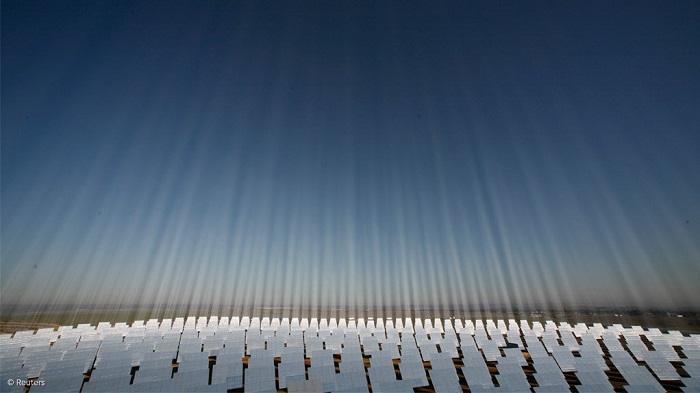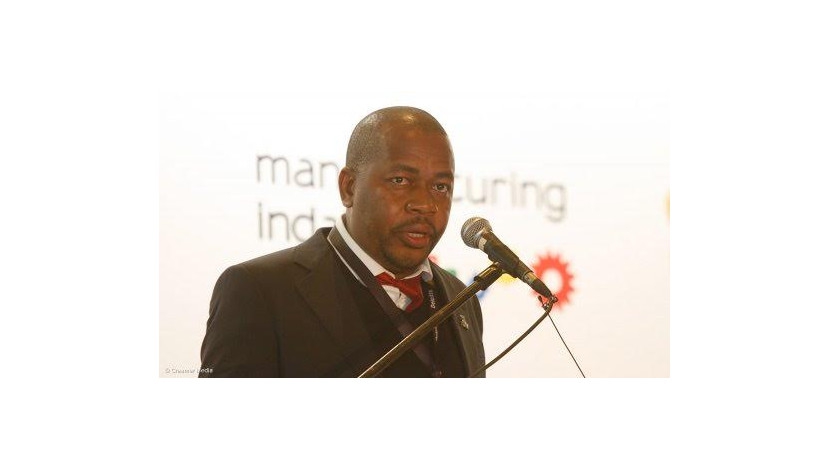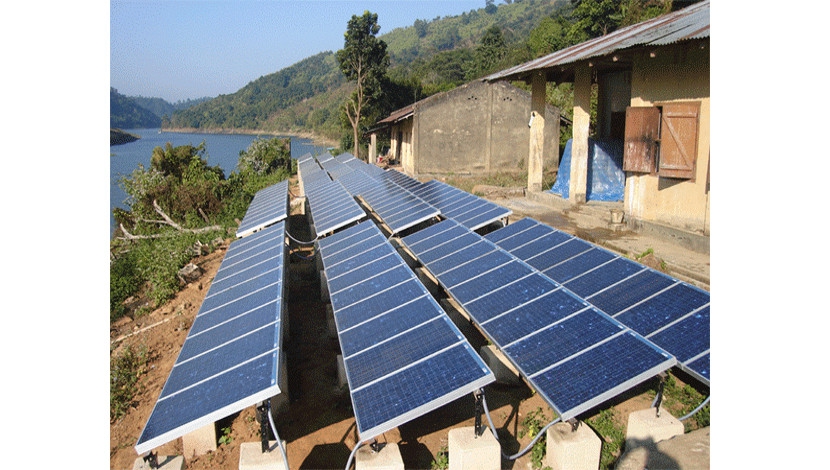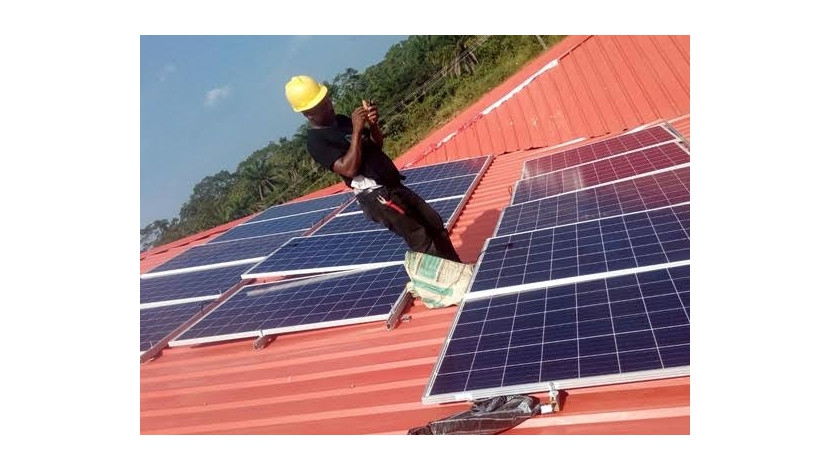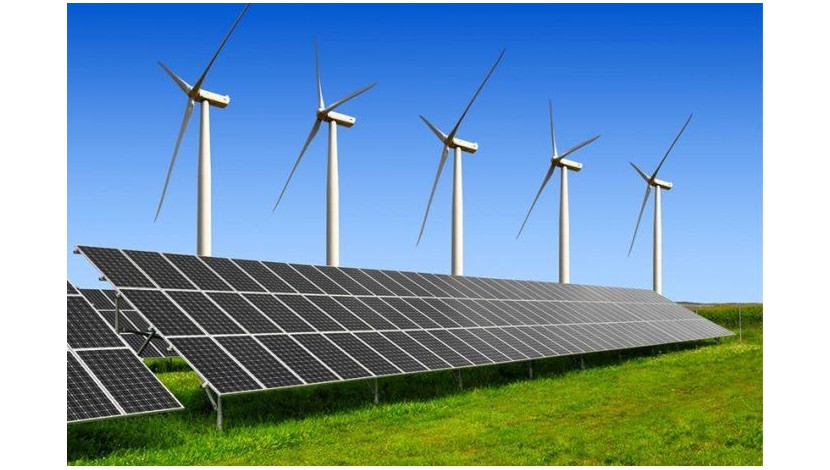

A South African inter-governmental task team has placed a major renewable energy programme in deadlock after it informed Parliament it would not be possible to sign any new contracts before 2018. The move means that the successful programme could as well stall.
The South African Renewable Energy Council said it is disappointed that the Department of Energy and Eskom failed to provide any certainty for investors during the parliamentary update.
The chair of the council, Brenda Martin said that the renewable industry had hoped to resolve the stalemate. The team proposed further delays until the end of August if not to February next year.
The task team led by the Deputy Energy MinisterThembisile briefed Parliament on Eskom’s failure to sign power purchase agreements with the independent power producers.
The team said that current hardships including oversupply among other factors have made it difficult for the utility to sign the power purchase agreements.
Eskom is required to sign the power purchase agreements with the producers for them to start construction of their projects. The state utility has signed agreements with bid windows 1-3 in the programme, but now has to sign off on bids 4 and 4.5; 4.5 still needs to be contracted. The last two windows are about to be signed according to Public Enterprises Minister Lynne Brown.
However, Eskom claims that signing the new deals would create more economic hardship and insist that the current tariffs already signed, were putting strain on its finances. They had drawn up a timeline till February next year, and made a list of six steps it will have to complete before signing on the dotted line for the last two bid windows.
It will first have to consult Nersa regarding its current financial standing and will also lobby National Treasury for soft support until the 2018 tariff adjustment.
Acting director, Department of Energy- general Tseliso Maqubela told Parliament there is a surplus of power available thus they can’t proceed with business as usual. The Deputy director general Ompi Aphane said that during the drafting of the plan in the late 2000s, Eskom had not anticipated that there would be an energy surplus in 2017.
Tariffs had tumbled to the point where renewable energy has become the cheapest option for new generation capacity available to the country.
According to Brenda Martin, to save the programme the government should account for the commitments made in Parliament on last week.
Final recommendations have to be delivered to ministers by the end of June, and for all the outstanding interventions to be dealt with by August this year.

